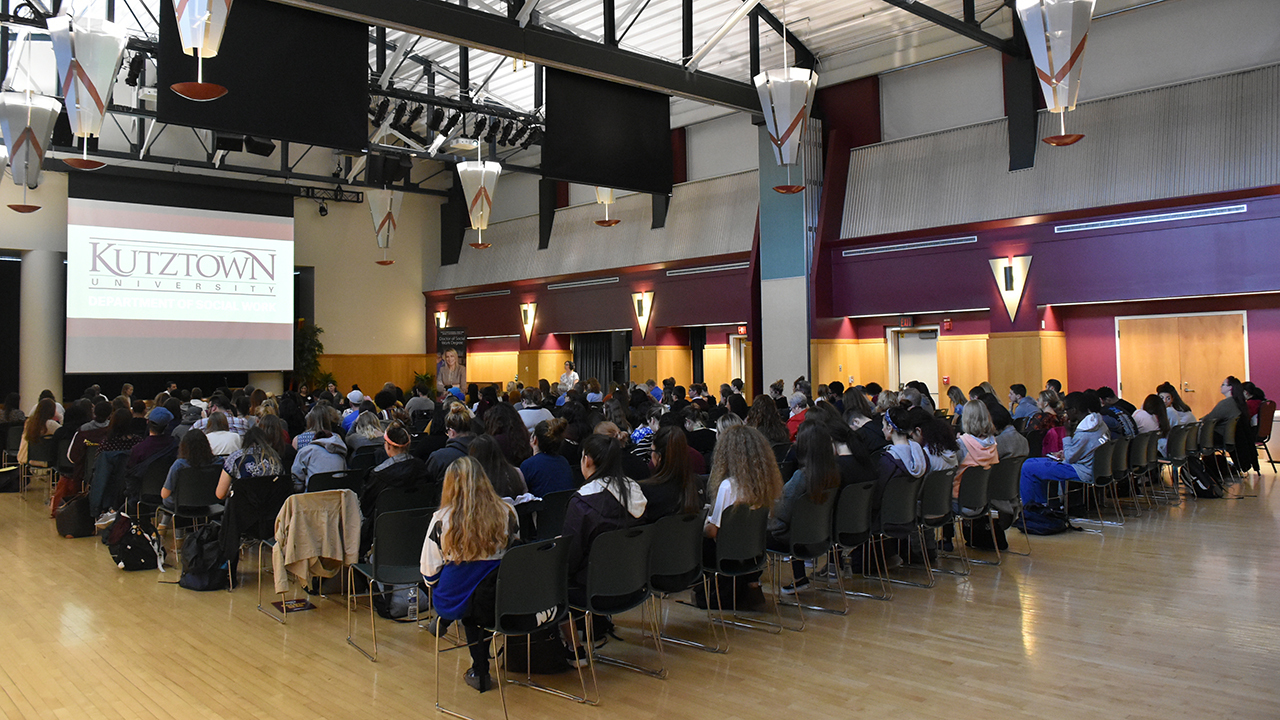Social Work in the Global Environment
The 13th Annual Conference on Social Work in the Global Environment
the Journeys of Migrants and Refugees: Challenges and Opportunities of Global Population Movement
Date: Friday, November 1, 2024
Time: 9:00am-3:00pm
Format: Virtual
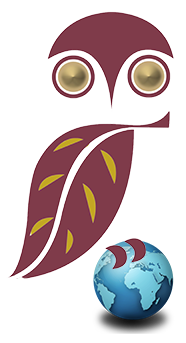
The aim of the Social Work in the Global Environment Conference is to contribute to the local-global perspectives in social work, utilizing the strategy: thinking globally and acting locally.
The theme of the 2024 conference is The Journeys of Migrants and Refugees: Challenges and Opportunities of Global Population Movement.
Presenters and discussants will provide overview of global trends of migration and destinations for migrants, as well as public health aspects of migration and displacement. This will include a discussion on the different terminology associated with this topic. Topics related to experiences of migrants will be presented, highlighting the challenges and opportunities from a global public health perspective. The impact of such challenges and opportunities will be discussed. Presenters will give an overview of the role of advocacy in the social work profession, as well as best practices to implement. This conference will include presenters’ lived experiences.
Conference Overview
PRESENTATIONs and presenter INFORMATION
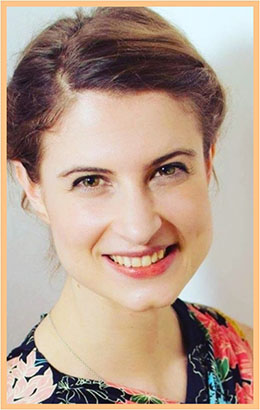
Public Health Aspects of Migration and Displacement
Miriam Orcutt, MBBS, MSc, Technical Officer at the World Health Organization Health and Migration
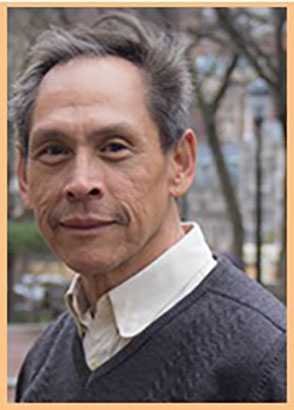
Nuts and Bolts of Immigration and Refugee Policy: Social Workers’ Role in Community Advocacy
Fernando Chang-Muy, B.A., M.A., J.D., Professor at University of Pennsylvania Carey School of Law
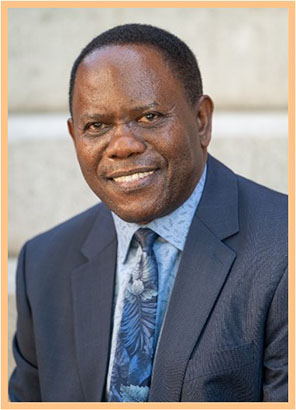
Migrants and Refugees: Experiences in the Journey of Migration
Hugo Kamya, M.Div., MSW, Ph.D., Professor at Smith College, School for Social Work
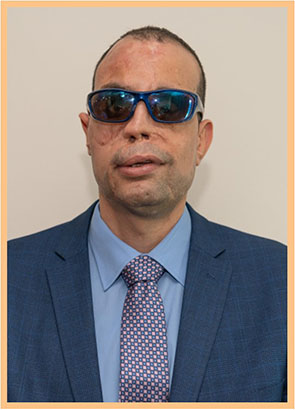
The Forgotten Story of Refugees and Migrants with Disabilities in Humanitarian Crises
Qusay Hussein, MSW, U.S. Doctors Without Borders, Doctoral student at University of Texas at Austin
PANEL DISCUSSION
Best Social Work Practice in Working with Refugees and Migrants in Transit and Destination Countries
Panelists
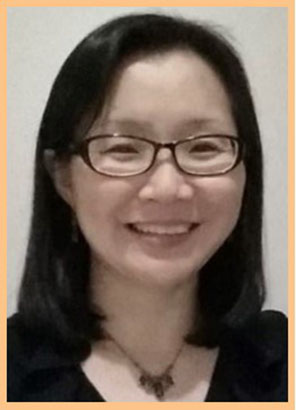
Lucy Rabbaa, MSW, MSc, BA, Director of Social Services at HIAS Pennsylvania
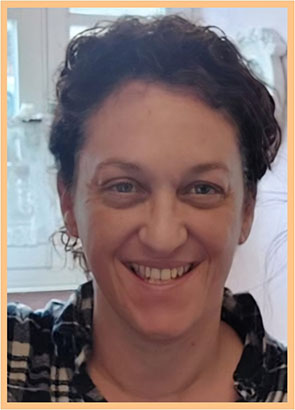
Marcelle Burgre Zanya, B.A. Soc. Pol: M.A. Social Work: M.Sc. Conflict Resolution, Lecturer at the University of Malta
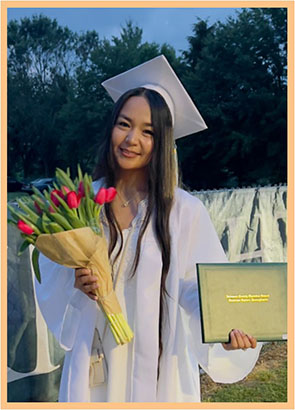
Nelofar Asadi







